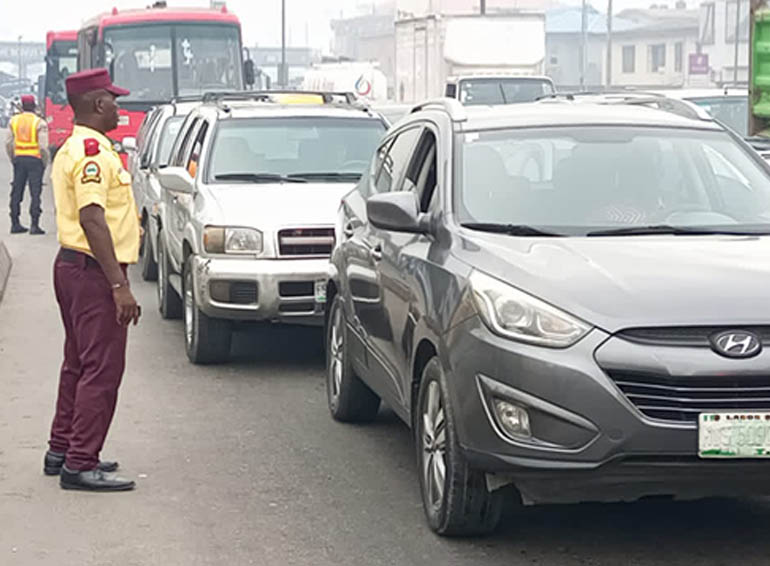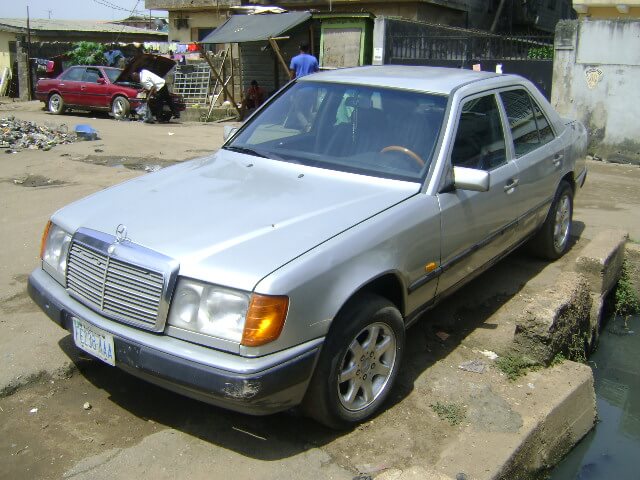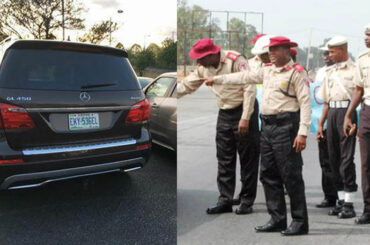Can you imagine what would happen if there were no traffic regulations? If everybody drove wherever they wanted, at any speed, without obeying traffic lights or signalling their intentions, or if we simply ignored a rule as basic as driving on the right. Can you imagine it? Total chaos!
Table of Contents
The key Importance of traffic rules and signs is for maintaining safety. There are many obstacles and dangers on the road that can cause harm and put drivers at risk. Traffic rules and safety signs help to mitigate this risk and reduce the possibility of accidents happening.
Traffic rules and signs are designed to ensure the safety of drivers, pedestrians, and other road users. They are designed to regulate traffic flow, reduce the risk of accidents, and prevent chaos on the roads. Unfortunately, many people disregard these rules, leading to unnecessary accidents, injuries, and fatalities. In this article, we’ll delve into the various traffic signs, crucial traffic regulations and ways they’re being implemented in Nigeria.
Traffic signs: Traffic signs or road signs are signs erected at the side of or above roads to give instructions or provide information to road users in order to avoid accidents.
Traffic Signs everyone using the road should know
The signs are grouped into:
1. Regulatory signs: These are signs that appear often in circular shapes. “They are divided into:
(a). Mandatory regulatory signs: Mandatory regulatory signs appear with blue circles but without red borders such as diversion signs, roundabout signs etc.
(b). Prohibitive Regulatory signs: They are signs with red and yellow circles. They are stop signs, No light signs etc. The colour red for regulatory signs as a background colour to denote restriction
2. Informative Signs: They are provided to give required information to road users. They appear rectangular in shape. It is a very legibly printed and very noticeable placard that informs people of the purpose of an object, or gives them instruction on the use of something
3. Warning Signs: These will be used to call attention to hazardous conditions, actual or potential, that would otherwise be readily apparent.
4. Prohibitory Signs: They provide information on the prohibitions and failure to comply with these signs constitutes an offence.
5. Directional Signs: These signs provide information on the road that you are approaching.
6. Other Signs: They consist of different signs such as pedestrian crossing signs and facility signs, which users should heed and/or obey.
Traffic Regulations: Traffic regulations are driving laws put in place by the government to regulate or control the attitude of all road users to achieve an orderly and free traffic flow. It is a body of rules and regulations made by the government to guide and keep safe the road users.
Traffic Rules and Regulations In Nigeria
In Nigeria, road users include pedestrians, motorcyclists, private motorists and passengers, drivers of trucks and commercial vehicles.
They are expected to observe some traffic regulations for their safety and other road users. Some Traffic rules and regulations include :
- Motorists should never drink alcohol before and while driving.
- Motorcyclists should wear crash helmets and should not carry more than one passenger.
- Always stay at least 2 seconds behind the vehicle in front, and allow more distance at night or in bad weather.
- Motorists and motorcyclists should not make or receive calls while in motion.
- They should strictly obey road signs.
- Motorists should use seat belts at all times.
- Pedestrians should use pedestrian bridges, road pavement or zebra crossings where available.
- Pedestrians should look left. Right and left again before crossing.
- They (pedestrians) should walk opposite the traffic rather than backing it when walking.
Implementation of Traffic Regulations In Nigeria
Of course, we all know that Nigeria is a country of law on its own. The Traffic Regulations are implemented through various means in Nigeria, but we’ll be dealing with the crucial key components.
- In enforcing traffic rules, the Federal Road Safety Corps(FRSC) plays a very important role, with the help of Nigerian police and local traffic management authorities.
- Strictly making penalties and fines compulsory for those who disobey the rules.
- Creating public awareness through workshops/seminars.
- Forming road safety clubs in schools, colleges and associations.
- Wearing reflexive attires while walking at night.
- Using pedestrian facilities where available.
- Avoiding the erection of buildings close to highways/roads.
- Avoid night travels where necessary.
- Avoid putting pressure on the driver to overspend.
- Obtaining a valid driver’s license.
- Discouragement of underage driving.
It doesn’t matter if, in your opinion, the rules are good, bad, fair or unfair; Regulations are essential for traffic, they are there and must be respected. The public highway is a common space that requires solidarity, responsibility and respect, but when we don’t respect them then we’ll be causing great harm to ourselves.
Have 1 million naira and above to Buy or Sell Cars In Nigeria? Check carlots.ng
All rights reserved. Reproduction, publication, broadcasting, rewriting, or redistribution of this material and other digital content on carmart.ng is strictly prohibited without prior express written permission from Carmart Nigeria - Contact: [email protected]







